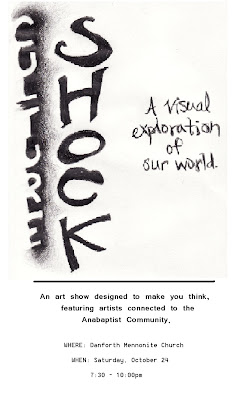Pastor Cameron writes:In a
Rejoice magazine reflection for Monday, September 28, Fred Steiner writes about a football coach in his community who became a father figure to many of his players. He uses this example to illustrate what 1 Chronicles 28:6-10 is saying about God adopting Solomon as his son. This is not about a blood relationship but about the kind of relationship it is.
For years I have used the title of “Father” hesitantly for God. Partly it was in response to the fact that the majority of images used for God are male, and I don't believe that God is male. I also remember hearing a man say that he didn't like to hear people call God “Father.” His father was very abusive and when he heard “Father”, that's all he could think of. Of course, there are abusive mothers, too. So should we avoid using the parental imagery for God? Other people have said that using parental imagery has helped them heal from being abused by parents. Picturing God as a parent that truly loves and cares for them makes them feel safe and, by being able to relate to our perfect parent, they have a model that helps them to be better parents.
Now, I think these people probably had other people in their lives that provided parental love, like the football coach I mentioned above. I don't think it's possible for us to know God completely separately from our human experience. But all our experiences come short of all that God is. All our descriptions of God have some
possible negative aspects to them. For example, a monarch can be a tyrant and a shepherd cares for sheep in order to use it for its fleece or to eat.
Nothing is more universal, more multicultural, than the parental role. Even orphans who never knew their parents can identify with the idea of a loving parent. Can we talk about God as Father and Mother that doesn't alienate some people? Are there ways of describing God that are more appropriate at this time? I think I'm ready to try.
- Cameron Kaufman-Frey
